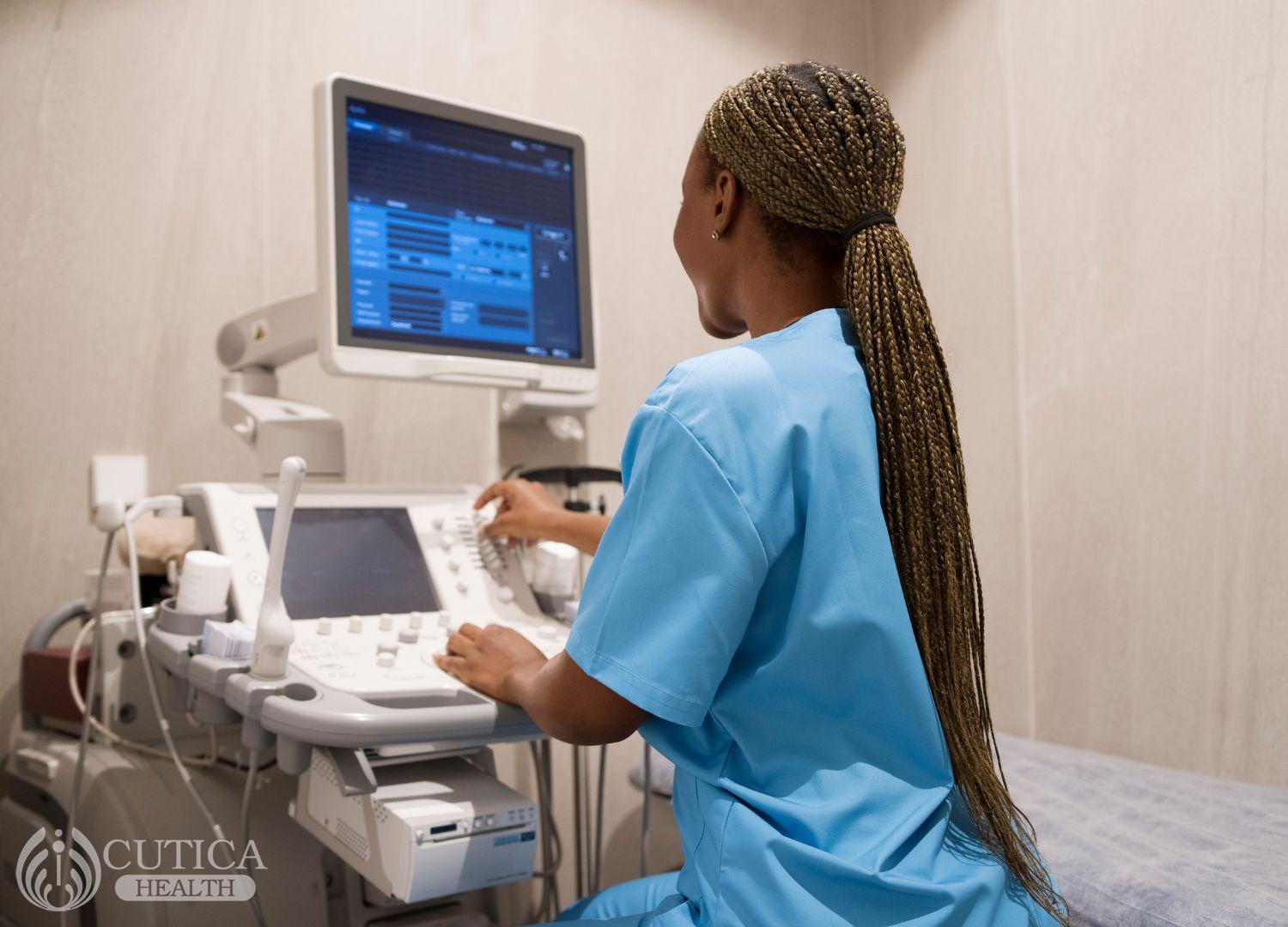Abike is worried about her cancer status because she has lost three of her long-time friends to cancer. Simi, the last friend of hers that died, died following a diagnosis of breast cancer two years earlier. She started treatment promptly even though the doctors said the cancer was a bit advanced. Unfortunately, Simi succumbed to the disease late last year. This made Abike worried about her health and if she had any hidden cancers in her body. She promptly went to see her family physician who was also a long-time friend.
Introduction
Cancer is a formidable foe that affects millions of lives worldwide, but early detection through regular screening can significantly improve outcomes. Women, in particular, face unique cancer risks that require proactive measures. In this comprehensive guide, we'll explore the importance of cancer screening for women, common screening tests, and strategies for prevention.

Understanding the Importance of Cancer Screening
Regular cancer screening is crucial for detecting cancer in its early stages when treatment is most effective. For women, certain types of cancer, such as breast, cervical, and ovarian cancer, are of particular concern. Screening tests can detect abnormalities before symptoms develop, allowing for timely intervention and improved prognosis.
- 1.Breast Cancer Screening
Mammograms are the gold standard for breast cancer screening in women. The American Cancer Society recommends annual mammograms for women aged 40 and older, with earlier screening for those at higher risk. Clinical breast exams performed by a healthcare provider are also important for detecting changes in breast tissue.
- 2.Cervical Cancer Screening
Regular Pap tests, also known as Pap smears, are essential for cervical cancer screening. The Pap test detects abnormal cells on the cervix, allowing for early intervention before cancer develops. The frequency of Pap tests may vary based on age, medical history, and risk factors. HPV testing is often performed in conjunction with Pap tests to screen for high-risk HPV infections.
- 3.Colorectal Cancer Screening:
While colorectal cancer affects both men and women, screening is particularly important for women as they age. Options for colorectal cancer screening include colonoscopy, fecal occult blood tests, and stool DNA tests. Screening guidelines may vary based on individual risk factors and family history.
- 4.Ovarian Cancer Screening
Ovarian cancer is challenging to detect in its early stages, but certain tests, such as transvaginal ultrasound and blood tests for CA-125 levels, may be recommended for women at higher risk due to family history or genetic mutations. However, routine screening for ovarian cancer in the general population is not currently recommended due to limitations in test accuracy.
Lifestyle Factors and Prevention
In addition to regular screening, women can reduce their cancer risk through healthy lifestyle choices. Maintaining a balanced diet rich in fruits, vegetables, and whole grains, engaging in regular physical activity, avoiding tobacco products, limiting alcohol consumption, and maintaining a healthy body weight are all important strategies for cancer prevention.
Empowering Women to Take Control of Their Health
Empowering women to prioritize their health and advocate for themselves is essential for cancer prevention and early detection. Encourage open communication with healthcare providers, stay informed about recommended screening guidelines, and attend regular check-ups and screenings as recommended.

Conclusion
Cancer screening is a vital component of women's health care, offering the opportunity for early detection and intervention. By understanding the importance of cancer screening, staying informed about recommended tests, and adopting healthy lifestyle habits, women can take proactive steps to protect themselves against cancer. Remember, early detection saves lives, so make your health a priority and schedule your screenings today.


